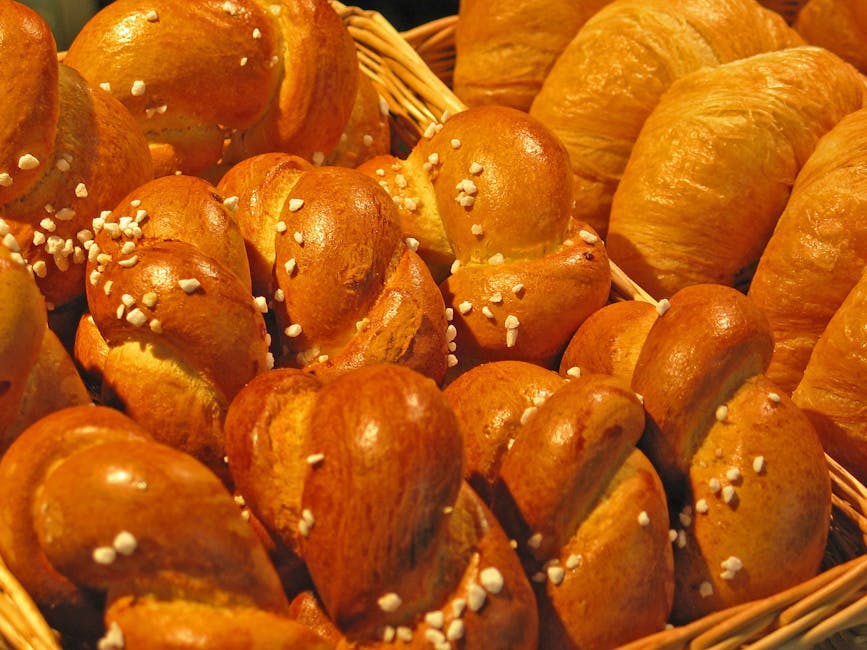We all want to save money without feeling like we’re missing out. Being frugal isn’t about deprivation—it’s about making smarter choices.
Sometimes, it’s the little things we choose not to spend on that add up the most. These choices reflect a mindset of prioritizing value over impulse.
Curious what frugal people skip buying to keep their budgets in check? You might be surprised by some of these.
Whether you’re just starting your frugal journey or looking for fresh ideas, this list will inspire you to rethink your spending habits.
Let’s dive into 21+ things frugal people never spend money on and why they choose to avoid them. Spoiler: It’s not about being cheap—it’s about being intentional.
Ready to uncover smarter spending habits? Let’s get started!
Essentials and Everyday Items
Frugal people know that everyday expenses can quietly drain your wallet if you’re not careful. The key is to avoid paying for things that don’t truly add value or can be replaced with smarter alternatives. These small savings in essentials quickly add up, freeing money for things that really matter.
Many skip paying for convenience or brand names when generic or homemade options work just as well. It’s about finding balance between quality and cost without compromising too much.
Here are five essential items frugal folks usually find ways to avoid spending on:
1. Bottled water – Instead of buying bottled water, frugal people invest in a reusable water bottle and a good water filter. This not only saves money but reduces plastic waste, which is a win-win for the wallet and the planet.
2. Disposable coffee cups – Coffee lovers often bring their own mug or thermos rather than buying coffee in disposable cups every day. This small habit can save hundreds annually and keeps your caffeine routine eco-friendly.
3. Brand-name household cleaners – Many frugal households skip pricey branded cleaners, opting instead for simple homemade solutions like vinegar, baking soda, and lemon. These natural cleaners are effective, affordable, and non-toxic.
4. Batteries – Instead of constantly buying disposable batteries, frugal people use rechargeable ones. This reduces both waste and recurring costs, especially for devices used frequently.
5. Paper towels – Using washable cloth rags or microfiber cloths instead of paper towels is a common frugal hack. It’s better for the environment and your budget since cloths can be washed and reused many times.
When you reconsider essentials this way, you start to see how small savings in everyday items build a foundation for bigger financial wins. Next, let’s explore how frugal people approach entertainment and leisure spending.
Entertainment and Leisure
Having fun doesn’t have to mean spending a fortune. Frugal people find joy in activities that are low-cost or free while avoiding expensive entertainment that drains their bank accounts. It’s about getting creative and valuing experiences over expensive outings.
Choosing free or low-cost entertainment options helps keep leisure time fulfilling without adding financial stress. This mindset encourages deeper connections and more meaningful downtime.
Here are five entertainment expenses frugal people usually avoid:
6. Paid streaming channels they don’t watch – Instead of subscribing to every streaming service, frugal folks pick one or two that they actually use and cancel the rest. This prevents paying for content they don’t consume.
7. Movie theaters – Going to the movies can be expensive, so many frugal people opt to watch films at home or take advantage of free community screenings and library resources. It’s a cozy, cost-effective way to enjoy films.
8. Expensive video games – Instead of splurging on the newest games, frugal gamers often wait for sales, buy used copies, or stick to free-to-play titles. This approach keeps gaming affordable without sacrificing fun.
9. Concert tickets for big events – Rather than spending heavily on concerts, frugal people might enjoy local music events, free festivals, or discover smaller, affordable shows. It’s about the music experience without the premium price tag.
10. Theme park admissions – Theme parks are notoriously pricey. Many frugal families choose local parks, nature hikes, or backyard games over costly theme park visits, focusing on quality time instead of big-ticket outings.
With entertainment costs trimmed, frugal people free up funds for experiences that enrich their lives without the hefty price. Next up, let’s look at how frugal folks handle dining and food expenses.
Food and Dining
Food is a major part of our spending, but frugal people have clever ways to avoid unnecessary costs. It’s not about eating less, but about spending smarter and cutting out wasteful habits.
Dining out and convenience foods can quickly add up, so frugal folks often focus on cooking at home, meal planning, and avoiding impulse buys. The payoff is healthier meals and a happier budget.
Here are five food and dining expenses frugal people steer clear of:
11. Daily takeout or delivery – Eating out every day is a fast way to drain your wallet. Frugal people reserve takeout for special occasions and cook most meals at home, saving hundreds per month.
12. Pre-cut or pre-packaged produce – Convenience comes at a cost. Buying whole fruits and vegetables and preparing them yourself is much cheaper and often fresher.
13. Single-use plastic utensils and plates – Instead of disposable tableware, frugal households use reusable dishes and cutlery. This is better for both the environment and your spending.
14. Specialty diet foods or supplements without necessity – Frugal people avoid splurging on trendy diet products or supplements unless truly needed or recommended by a health professional. They focus on nutritious whole foods instead.
15. Bottled sauces and dressings – Making sauces and dressings at home from simple ingredients is a great way to save money and control what goes into your food. It’s fresher and less expensive than store-bought versions.
Smart food spending helps stretch your grocery budget further while still enjoying delicious, nutritious meals. Up next, we’ll explore how frugal people approach clothing and personal care.
Clothing and Personal Care
Clothing and personal care can become surprisingly costly, but frugal people have strategies to avoid unnecessary expenses in these areas. It’s about prioritizing quality, longevity, and mindful purchasing.
Rather than chasing fast fashion or costly beauty trends, frugal individuals invest in timeless pieces and DIY methods when possible. This approach leads to savings and less waste.
Here are five clothing and personal care expenses frugal people typically skip:
16. Trendy fast fashion items – Instead of following every trend, frugal shoppers buy classic, durable clothing that lasts. This avoids frequent replacement and impulse buys.
17. Salon services for basic grooming – Many frugal folks cut costs by doing haircuts, manicures, or pedicures at home or spacing out salon visits. It’s a practical way to maintain appearance without overspending.
18. Expensive perfumes or colognes – Frugal people often use affordable or homemade scents rather than costly designer fragrances. The smell doesn’t have to come with a hefty price tag.
19. Disposable razors – Choosing reusable safety razors or electric shavers reduces the ongoing expense of disposable razors. It’s better for the budget and the environment.
20. Excessive makeup products – Instead of buying a large collection, frugal individuals stick to essential makeup items that suit their needs, avoiding impulse buys from beauty counters.
By focusing on quality over quantity and DIY solutions, frugal people keep their appearance polished without breaking the bank. Finally, let’s examine how frugality plays out in household and lifestyle expenses.
Household and Lifestyle Expenses
Beyond basics, frugal living extends to how people manage their homes and lifestyle choices. Avoiding unnecessary spending here often requires creativity and a willingness to reframe what “needs” really means.
Frugal people tend to prioritize multi-use items, DIY fixes, and free or low-cost alternatives rather than luxury or convenience items that add little real value.
Here are five household and lifestyle expenses frugal people generally avoid:
21. Extended warranties – Frugal buyers often skip extended warranties, relying instead on product research and careful maintenance. Many products don’t need extra coverage, and the warranties rarely pay off.
22. Gym memberships – Instead of paying monthly fees, frugal folks often opt for at-home workouts, running, or free community classes. This keeps fitness affordable and flexible.
23. New gadgets or tech upgrades without need – Frugality means resisting the urge to upgrade devices just because new versions come out. Keeping and maintaining what you have saves a lot over time.
24. Professional cleaning services – Many frugal households do cleaning themselves or swap tasks with neighbors or friends. It’s a simple way to save money and maintain control over your space.
25. Bottled air fresheners or scented candles – Instead of buying these, frugal people use natural options like essential oils, open windows, or baking soda to keep their homes smelling fresh without extra cost.
Choosing to skip these expenses helps frugal people keep their lifestyle simple, affordable, and intentional. Now you have plenty of ideas to rethink your own spending habits.
Frugality is less about what you spend and more about where you choose not to. It’s about being thoughtful with your money and focusing on what truly matters.
By avoiding these common but unnecessary expenses, you can free up funds for your goals, reduce stress, and enjoy a more intentional life. Why not start with just one change today?
What’s one thing on this list you’re inspired to stop spending money on? Share your thoughts and join the conversation below!



